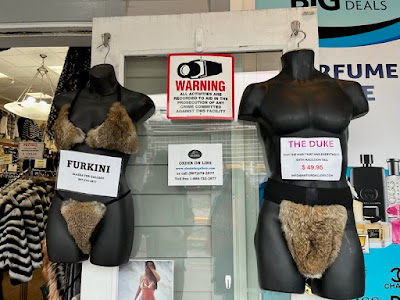Hiker rescued after workmates left him on mountain, says search crew BBC. During an office retreat
Book Review: Technology and chaotic government programs doom family farms in ‘Land Rich Cash Poor’ Associated Press
Oldest Wine in History Discovered in Ancient Roman Tomb
Lexus and Toyota are the most reliable used-car brands, Consumer Reports says.
Americans in the market for a used vehicle can cut their risk of having trouble down the road by considering some brands over others, with Lexus and Toyota topping a newly published list by Consumer Reports.
The nonprofit research and advocacy group’s first-ever ranking of 26 brands has Lexus and Toyota holding a commanding advantage over third-placed Mazda. All three brands have held consistent average or better reliability ratings over the years, Consumer Reports noted.
“Brands like Lexus and Toyota have a history of conservative redesigns, incrementally improving their entire product line, rather than introducing many all-new systems,” said Steven Elek, senior automotive data analyst at Consumer Reports. “Our data consistently shows over time that cars from those brands are reliable when new and they continue to be reliable as they age,” he added.
1990s-era Toyota Corrolas and pickups appear to be particularly reliable
FORT MEADE, Md. — “In one of the more unique public proactive transparency record releases for the National Security Agency (NSA) to date, NSA has released a digital copy of a lecture that then-Capt. Grace Hopper gave agency employees on August 19, 1982. The lecture, “Future Possibilities: Data, Hardware, Software, and People,” features Capt. Hopper discussing some of the potential future challenges of protecting information. She also provided valuable insight on leadership and her experiences breaking barriers in the fields of computer science and mathematics. Rear Adm. Hopper was an American computer scientist, mathematician, and United States Navy rear admiral. One of the first programmers of the Harvard Mark I computer, she was a pioneer of computer programming. Hopper was the first to devise the theory of machine-independent programming languages, and the FLOW-MATIC programming language she created using this theory was later extended to create COBOL, an early high-level programming language still in use today. In 2016, President Obama posthumously awarded Rear Adm. Hopper the Presidential Medal of Freedom — the Nation’s highest civilian honor, awarded to individuals who have made especially meritorious contributions to the security or national interest of the U.S. — for her remarkable influence on the field of computer science. While NSA did not possess the equipment required to access the footage from the media format in which it was preserved, NSA deemed the footage to be of significant public interest and requested assistance from the National Archives and Records Administration (NARA) to retrieve the footage. NARA’s Special Media Department was able to retrieve the footage contained on two 1’ APEX tapes and transferred the footage to NSA to be reviewed for public release. NSA recognizes Rear Adm. Hopper’s significant contributions as a trailblazing computer scientist and mathematician, but also as a leader.
“The most important thing I’ve accomplished, other than building the compiler, is training young people,” Rear Adm. Hopper once said. “They come to me, you know, and say, ‘Do you think we can do this?’ I say, ‘Try it.’ And I back ’em up. They need that. I keep track of them as they get older and I stir ’em up at intervals so they don’t forget to take chances.” [h/t Mike Ravnitzky]
- Rear Adm. Hopper’s lecture and other public interest declassifications and transparency releases can be found under Historical Releases on NSA’s Declassification & Transparency Initiatives page.
Pete Recommends – Weekly highlights on cyber security issues, August 24, 2024 – Privacy and cybersecurity issues impact every aspect of our lives – home, work, travel, education, finance, health and medical records – to name but a few. On a weekly basis Pete Weiss, highlights articles and information that focus on the increasingly complex and wide ranging ways technology is used to compromise and diminish our privacy and online security, often without our situational awareness.
Five highlights from this week: Meta’s new crawler could scrape your page, even when you don’t want it to; Don’t trust Google for customer service numbers. It might be a scam; Cox Communications Battles Copyright Case That Could Disrupt TV Streaming for Millions; U.S. government urging to update Galaxy phones due to vulnerability; and IRS still faces security challenges in aftermath of taxpayer data leak.

